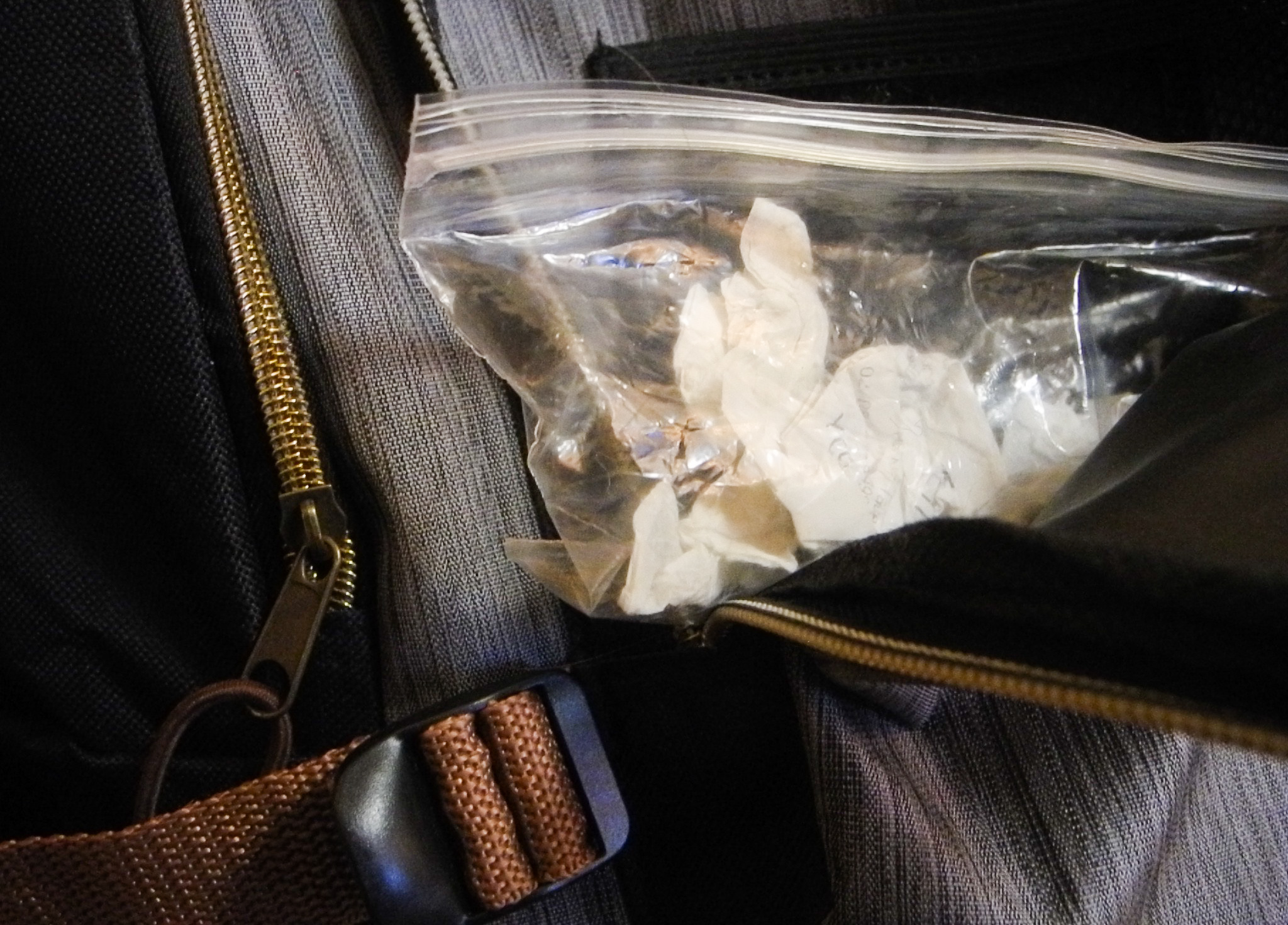
Dani Smotrich-Barr, Photo Editor
Wesleyan is often depicted as an environmentally conscious school, a place where students spearhead on-campus green initiatives and are always aware of their environmental footprints. Wes students, however, are still prone to the same mindlessness that results in unnecessary waste. A few extremely dedicated and passionate students, though, have fought the tide of complacency and gone zero waste. Their stories provide an example of how University students can reduce their individual environmental footprints and make Wesleyan a more sustainable campus.
The concept of zero waste revolves around ending their production of trash and consuming items that have no waste, which involves eliminating products with packaging and disposable products from daily consumption. Those who attempt this lifestyle minimize accumulation of toxic waste, thereby reducing environmental damage.
But is it actually possible to go zero waste at Wes?
According to one of these environmental forerunners, Catherine Xi ’21, going zero waste at Wes is possible. Xi was inspired to try after watching Lauren Singer’s video “Four Years of Trash: One Jar” and learning that the average American produces 4.4 pounds of trash per day. To prepare for going zero waste herself, she watched Bea Johnson’s Ted Talk and read her book, “Zero Waste Home.”
“The most difficult aspect is the social disconnect of living zero waste and not having zero waste consume your life,” Xi said. “You have to be quick to refuse things like straws or plastic bags that people don’t think twice and give to you.”
Xi also explained that cravings will sometimes get in the way of her environmental efforts.
“Sometimes I’ll still crave packaged food and then have to consider if the waste I’m producing is worth it,” she explained.
The University has also made strides to promote a low-waste lifestyle. Just last Friday, the composting interns working at the Wesleyan Sustainability Office organized a Clean Plate Challenge at Usdan to encourage students to reduce their food waste and take only what they could eat. According to University Sustainability Director Jen Kleindienst, Wesleyan is developing other strategies to minimize food waste.
“Other [major] efforts include compost diversion in Usdan and Summerfields and transitioning Bon Appétit’s disposable products from items that need to be trashed to items that are compostable,” Kleindienst explained.
Continuing these efforts, a training session entitled “A Zero Waste Campus is (Actually) Possible” will be held on campus during the semester.
Wesleyan, however, still has a lot left to do to become a zero-waste campus. For instance, if you’re hoping to go zero waste, you might have to consider skipping Swings. Swings doesn’t have the proper dishwashing facilities to have washable silverware and dishware or offer Eco-To-Go, which means most meals involve some waste production.
Yet, according to the folks at Swings, they’re trying their best to limit their waste. Swings charges 25 cents for cups, which has caused a tangible change: instead of going through 1000 cups per day, staff members only have to throw away roughly 25 to 30. All of their plastic is recyclable and their paper compostable, but students still often throw food containers away. Swings management has posted signs to remind people to recycle and compost, though students often end up ignoring these signs, according to Swings employees.
Though the decision to go zero waste is admirable, it is certainly seen as extreme. Not all students can or will do so. In fact, it’s important to keep in mind that leading a waste-free lifestyle isn’t the only sustainability-oriented effort students can make. Although it’s made easier for University students, going zero waste can be a privileged decision outside of campus, since unpackaged foods are often costlier.
Perhaps a more realistic goal is meaningful waste reduction through steps such as recycling and composting, and using water bottles instead of plastic cups. Xi advises taking time to reduce waste, rather than diving in headfirst.
“Take it slow—it’s a lot to ask to completely give up producing any waste,” she said. “Start by looking through your trash can to see where your largest sources of waste are and try to tackle those first.”
Sarah Backer can be reached at sjbacker@wesleyan.edu.